Und hier noch einmal eine Analyse von David Whitehouse, einem bekannten britischen Wissenschafts-Publizisten und Naturfilmer:
?One would have thought that any dispassionate and scientifically
rigorous look at the general temperature standstill since 2001, and now
a slight fall in the average annual global temperature record would
provide pause for thought about what is really going on, and, whatever
side of the fence you sit, perhaps a humble appreciation that we do not
by any means know as much about the complexities of the climate as some
say we do.
And so it happened. The headline in the Guardian said;
?2008 will be coolest year of the decade; Global average for 2008
should come in close to 14.3C, but cooler temperature is not evidence
that global warming is slowing, say climate scientists?
If I may quote from the article;
?Prof Myles Allen at Oxford University who runs the
climateprediction.net website, said he feared climate sceptics would
overinterpret the figure. ?You can bet your life there will be a lot of
fuss about what a cold year it is. Actually no, its not been that cold
a year, but the human memory is not very long, we are used to warm
years,? he said, ?Even in the 80s [this year] would have felt like a
warm year.?
And 2008 would have been a scorcher in Charles Dickens?s time –
without human-induced warming there would have been a one in a hundred
chance of getting a year this hot. ?For Dickens this would have been an
extremely warm year,? he said. On the flip side, in the current climate
there is a roughly one in 10chance of having a year this cool.?
Overinterpret? Is that a new way of saying don?t look at all the relevant data because it might be inconvenient?
As I pointed out, this is not telling the whole story, nor even
putting it into a proper context. The important point evaded is not
that 2008 would have been hot for Dickens but how hot is it with
respect to the current warming spell. Nobody is arguing that the past
decade is not warmer than previous ones and that the world¹s glaciers
and ecosystems are not reacting to it. If 2008 is the coldest year
since 2001 and the global average temperature didn?t change at all
between 2001 2007 one should ask why! Talking about 2008 on its own and
comparing it to Victorian times is misleading.
Then a few days later in the Guardian the environmental campaigner
George Monbiot wrote, in response to the first article that ?In the
physical world global warming appears to be spilling over into runaway
feedback.?
Really? What a load of nonsense. It?s statements like these that
make me wonder if I am either living in the same physical world and if
we need real world data at all?
It is said in that article that it?s all right because the Met
Office predicted that 2008 would be cool because of the la Nina effect.
What it didn?t say is that the previous year was predicted by the Met
Office to be the warmest ever and it wasn¹t. la Ninas come along
regularly and it?s no great scientific achievement to say that when one
occurs the world will cool. A failed prediction of warming however is
highly significant especially given the faith put in computer
modelling.
Also this supposed explanation is not in itself adequate. If the
predicted cooling by la Nina had not occurred then 2008 would probably
have been the same temperature (given the uncertainties) as every year
since 2001 and that in itself would require explanation.
Later on in the Monbiot article we have, as I predicted, the tired
old cliché about ?professional deniers employed by fossil fuel
companies.? Where I wonder are their counterparts, the professional
campaigners whose vested interests make them see a runaway warming
world despite what the real world the data says?
I am broadly in favour of the global warming CO2 hypothesis but I
know it is just that, a hypothesis – and that needs testing against
real observations in the physical world. If it isn?t, then it?s not
science.?
gefunden bei ACHGUT mit Dank an Dirk Maxeiner
Michael Limburg EIKE



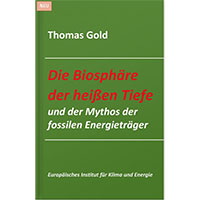
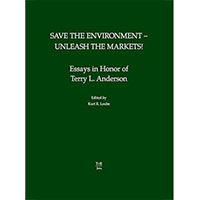
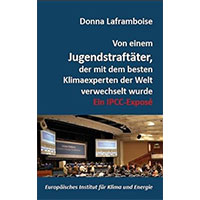
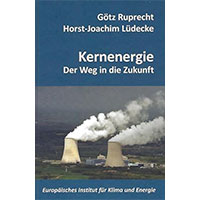
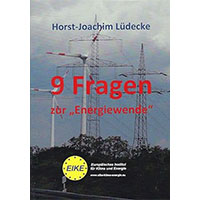

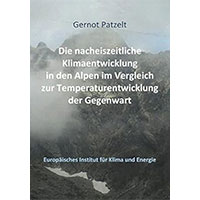
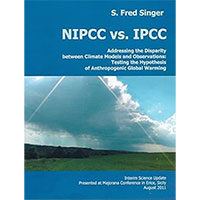
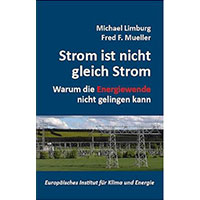
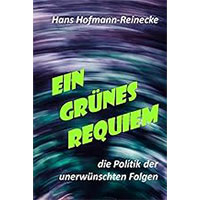
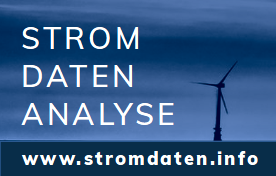

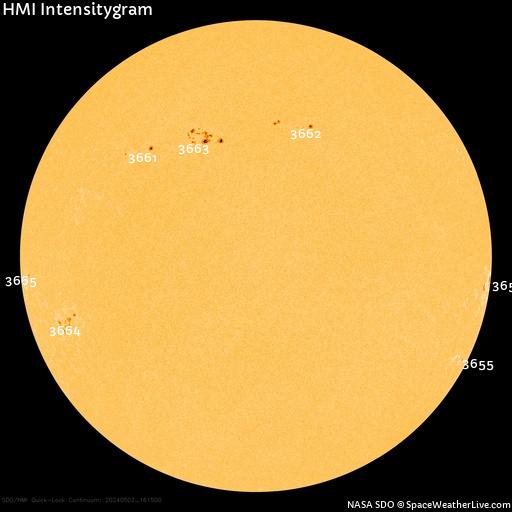
Wir freuen uns über Ihren Kommentar, bitten aber folgende Regeln zu beachten:
- Bitte geben Sie Ihren Namen an (Benutzerprofil) - Kommentare "von anonym" werden gelöscht.
- Vermeiden Sie Allgemeinplätze, Beleidigungen oder Fäkal- Sprache, es sei denn, dass sie in einem notwendigen Zitat enthalten oder für die Anmerkung wichtig sind. Vermeiden Sie Schmähreden, andauernde Wiederholungen und jede Form von Mißachtung von Gegnern. Auch lange Präsentationen von Amateur-Theorien bitten wir zu vermeiden.
- Bleiben Sie beim Thema des zu kommentierenden Beitrags. Gehen Sie in Diskussionen mit Bloggern anderer Meinung auf deren Argumente ein und weichen Sie nicht durch Eröffnen laufend neuer Themen aus. Beschränken Sie sich auf eine zumutbare Anzahl von Kommentaren pro Zeit. Versuchte Majorisierung unseres Kommentarblogs, wie z.B. durch extrem häufiges Posten, permanente Wiederholungen etc. (Forentrolle) wird von uns mit Sperren beantwortet.
- Sie können anderer Meinung sein, aber vermeiden Sie persönliche Angriffe.
- Drohungen werden ernst genommen und ggf. an die Strafverfolgungsbehörden weitergegeben.
- Spam und Werbung sind im Kommentarbereich nicht erlaubt.
Diese Richtlinien sind sehr allgemein und können nicht jede mögliche Situation abdecken. Nehmen Sie deshalb bitte nicht an, dass das EIKE Management mit Ihnen übereinstimmt oder sonst Ihre Anmerkungen gutheißt. Wir behalten uns jederzeit das Recht vor, Anmerkungen zu filtern oder zu löschen oder zu bestreiten und dies ganz allein nach unserem Gutdünken. Wenn Sie finden, dass Ihre Anmerkung unpassend gefiltert wurde, schicken Sie uns bitte eine Mail über "Über Uns->Kontakt"